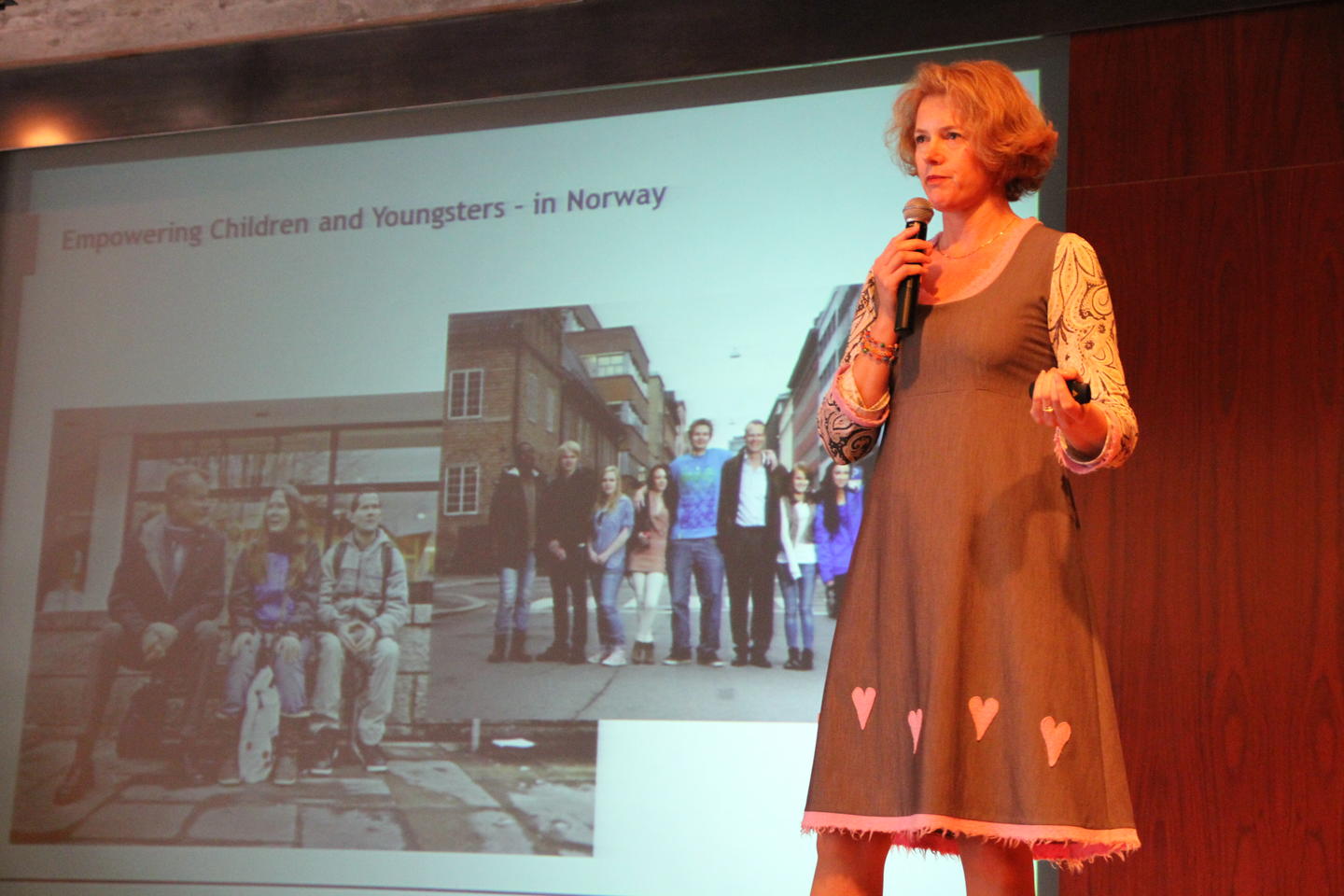Around 100 representatives from civil society, government, international organisations including the OECD and European Commission, and social entrepreneurs took part in the conference. Participants discussed innovative approaches to job creation for young people, highlighting in particular the need for greater cooperation across the private and public sectors as well as civil society. Held on 5 November in Lisbon, the conference was organised by the Gulbenkian Foundation – the Fund Operator for the civil society programme in Portugal – and financed by the EEA Grants. Portugal is one of the countries in the EU with a very high rate of youth unemployment, currently sitting at around 35%.
The total number of unemployed young people across the EEA Grants 16 beneficiary countries surged to 2.2 million in 2013 (out of a total of 5.6 million young people out of work across the EU as a whole). Under-25s are facing significantly higher rates of unemployment than any other age group. And while there are big variations between different countries, this does not change the fact that millions of young Europeans have no work and no real prospects in sight.
The most marginalised group are those who not only don’t have a job but are also no longer in education - the so-called NEETs, not in employment, education or training. The plight of these young people is not just a problem for them, but for everyone. As well as adverse impacts on personal health and self-confidence, NEETs are far more likely to stay out of work or earn low wages, and their families and neighbourhoods often suffer as a result.
Speaking at the opening session, Artur Santos Silva, President of the Board of the Gulbenkian Foundation, highlighted the valuable contribution provided by Iceland, Liechtenstein and Norway through the EEA Grants - notably through the recent funding of 21 projects on youth employment. He emphasised the importance of developing services and pilot projects in particular in the fields of engineering, health, culture, leisure and digital services to generate employment.
New solutions
To address youth unemployment, young people need to have access to training that is relevant to the needs of the labour market, establish links with businesses and find effective routes into employment. The rapid growth in social enterprise businesses is one such way to do this, allowing young people direct access to the jobs market in an environment that puts their development at its heart – albeit with a commercial focus. Social entrepreneurs provide an important complement to government action plans. They spur cooperation between the public sector, civil society, private business and the education sector - cooperation that can help create new employment opportunities through education, training schemes or practical work experience.
Speaking at the conference, State Secretary at the Norwegian Ministry of Foreign Affairs, Ingvild Næss Stub, said that Norway intends to devote a bigger proportion of the EEA and Norway Grants to measures to help young people who find themselves on the margins:
“Norway is supporting the EU’s strategies for creating growth and employment opportunities in Europe. Our goal is to substantially increase the support for apprenticeships, entrepreneurship and innovation during the next funding period of the EEA and Norway Grants.”
In the current 2009-2014 funding period, Iceland, Liechtenstein and Norway provide significant support for education and training initiatives and pathways to employment for vulnerable young people. The support is mainly channelled through the NGO programmes or through dedicated programmes targeting children and youth at risk.
Many supported projects stimulate social entrepreneurship and encourage innovative solutions to societal challenges. NGOs and other organisations play a crucial role in helping find new ways of tackling these challenges. Ongoing projects such as “Empower Youth” in Cyprus, which helps young people to start their own companies and a project in Portugal that promotes social inclusion through integration into the labour market promoted by CAIS, the Social Sympathetic Association, are good examples of best practice.
Read more:
EEA and Norway Grants -Project Summaries Youth Employment and Social Entrepreneurship (PDF)Speech by Norwegian State Secretary Stub
What is social entrepreneurship?
Social entrepreneurship involves setting a social enterprise - businesses that have social change for good as their primary motive rather than profit. They typically aim at solving a social problem within the fields of environment, education, health, human rights or economic development. Social entrepreneurs use private sector methods to make the world a better place.
Source: University of Oslo
